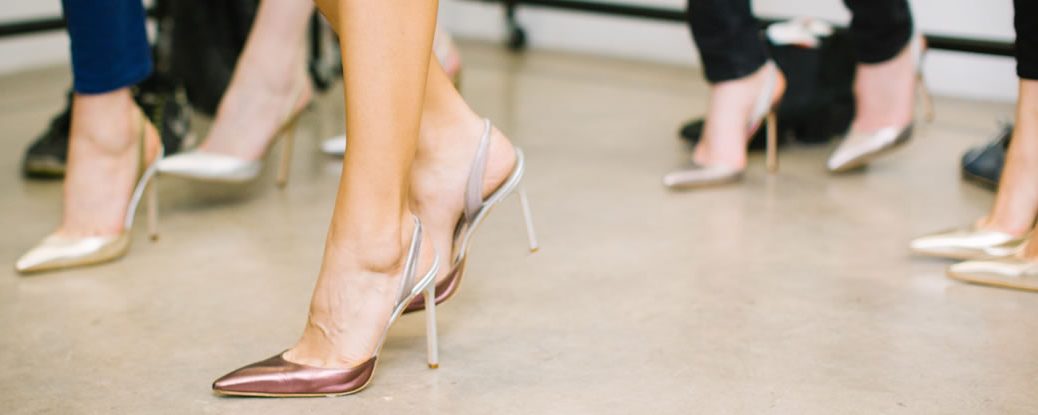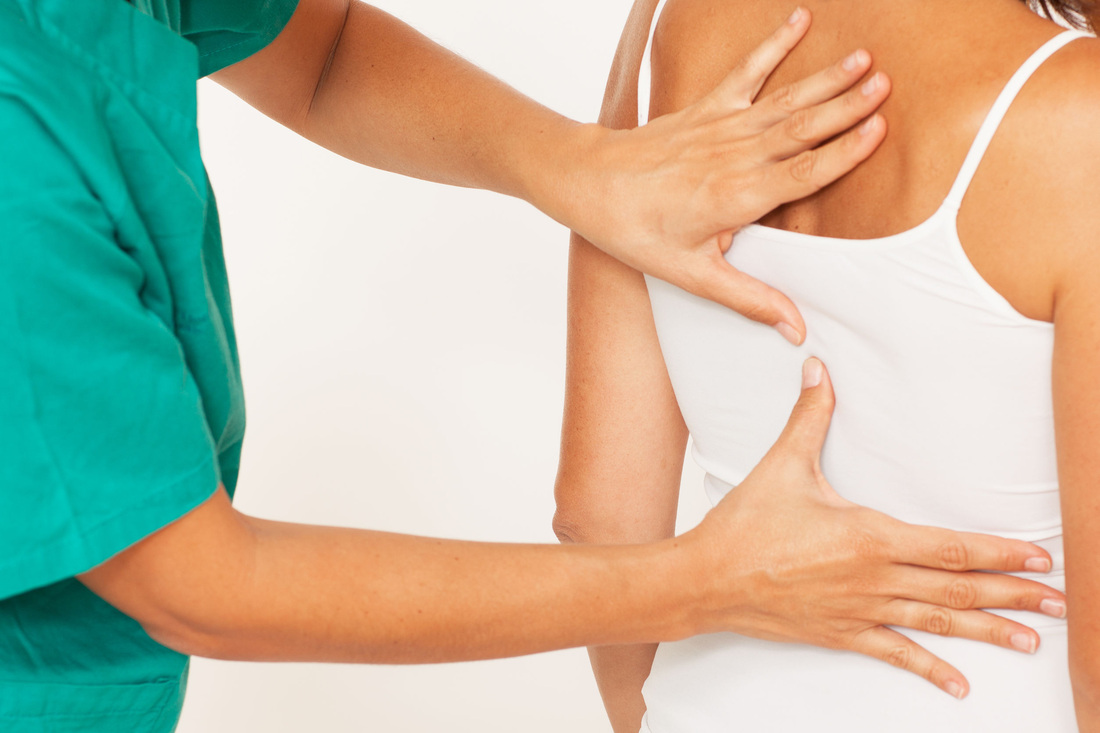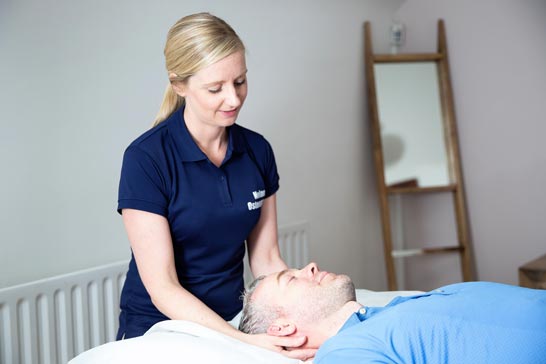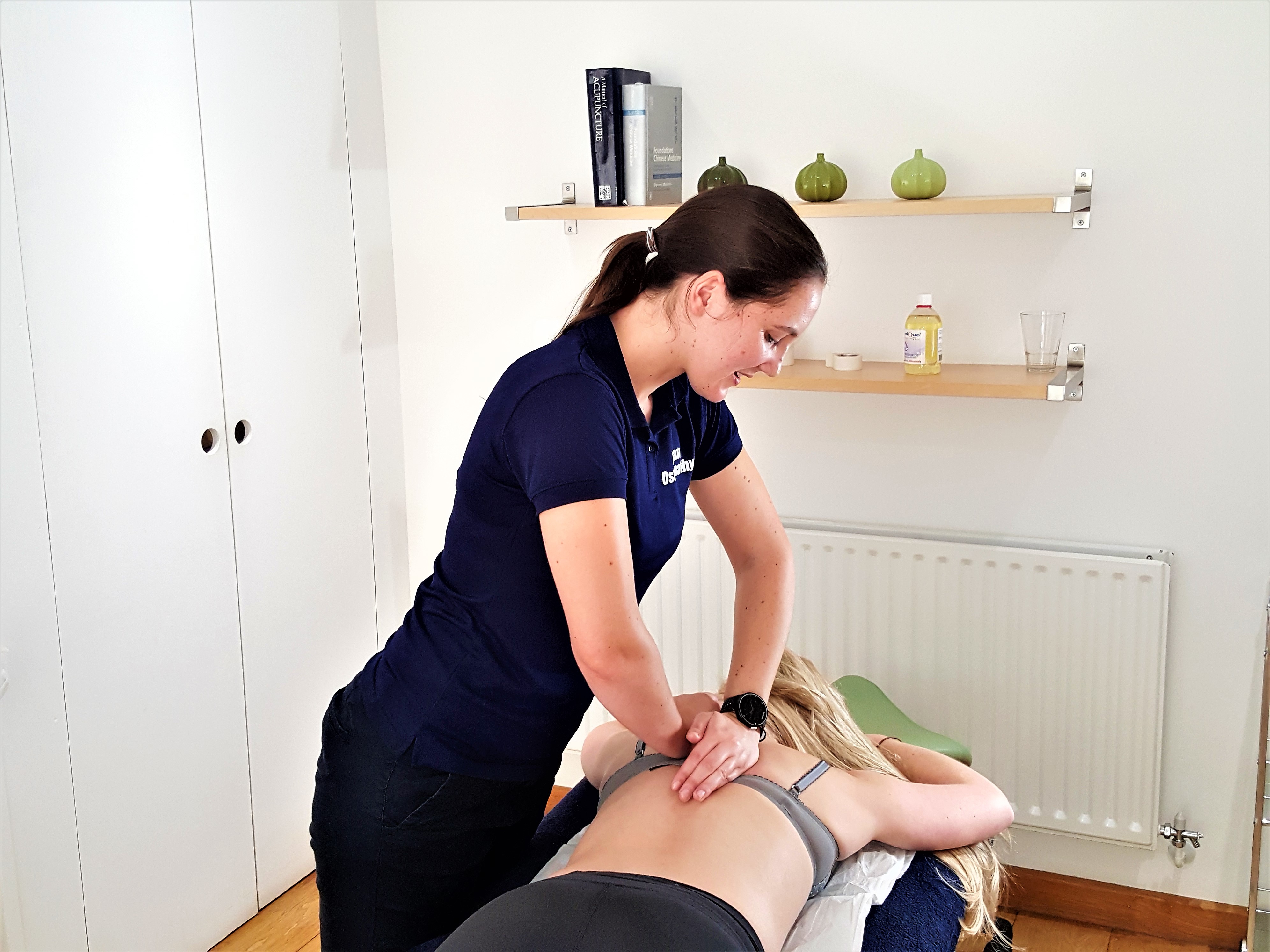Well-heeled vs Well-being
May 26, 2016
Maria Nolan

“When your feet hurt, you hurt all over” Socrates
This quote has never been truer than in the modern world where wearing high heels are still deemed a must wear item, either for formal functions and events, going out on the town or in the workplace. While most woman associate sore feet as an unavoidable consequence of wearing high heels, there are also wider implications for other parts of your body, which are important to be aware of and which I will discuss in more detail shortly.
The issue of employees being required to wear high heels in the workplace has become a contentious topic in the news recently, following an incident where a female employee was told to go home unpaid unless she purchased a pair of heels to wear. While this has attracted attention to a very important issue, the fact is that whether you voluntarily wear or are forced to wear high heels, it is important to be aware of the potential longer term implications for your health.
When you wear high heels, the distribution of your body weight changes. At first, the body will revert back to its natural position after the heels are removed. However, if you are wearing high heels on a regular basis, the body starts to adopt an unnatural posture, even when you take the shoes off. This can put pressure on the joints, muscles and nerves causing back and/or neck pain, sciatica, balance impairment, headaches, repetitive strain injuries or a feeling of heaviness in the legs.
Some of the most common posture problems that may be caused by regularly wearing high heels include;
Foot pain
If the joints in your feet don’t work properly because of the strain of wearing high heels, the connecting tissues are forced to compensate. This gives rise to increased muscle tension and muscle imbalance resulting in pain.
Joint pain, pelvis and spinal problems
If the mobility of the feet and ankles are affected, then the joints of the lower limb, pelvis and spine may compromised.
Pain in the knees, joint degeneration and arthritis
The unnatural position of the foot in high heels means it’s less able to act as a shock absorber and the knees have to bend more to absorb the increased force. This increased stress on the knees, and overloading of the knee joints, increases the risk of joint degeneration and arthritis.
Back pain
The normal curves of the spine are altered by high heeled shoes, forcing the body to bend forward adjusting its centre of gravity. This requires more energy and muscle activity to maintain balance and this additional strain on the back can lead to overload of the spine and back pain.
If you’ve been wearing heels for years, you’ve probably already experienced some of these negative effects. Osteopathic care can certainly help to address some of the detrimental spinal effects of wearing high heels. We don’t advocate giving up on your beloved heels altogether, but like anything in life, moderation is the key.
If you’re worried you may be suffering from any of these symptoms as a result of wearing high heels, please don’t hesitate to get in contact with one of our expert advisers at Nolan Osteopathy.





